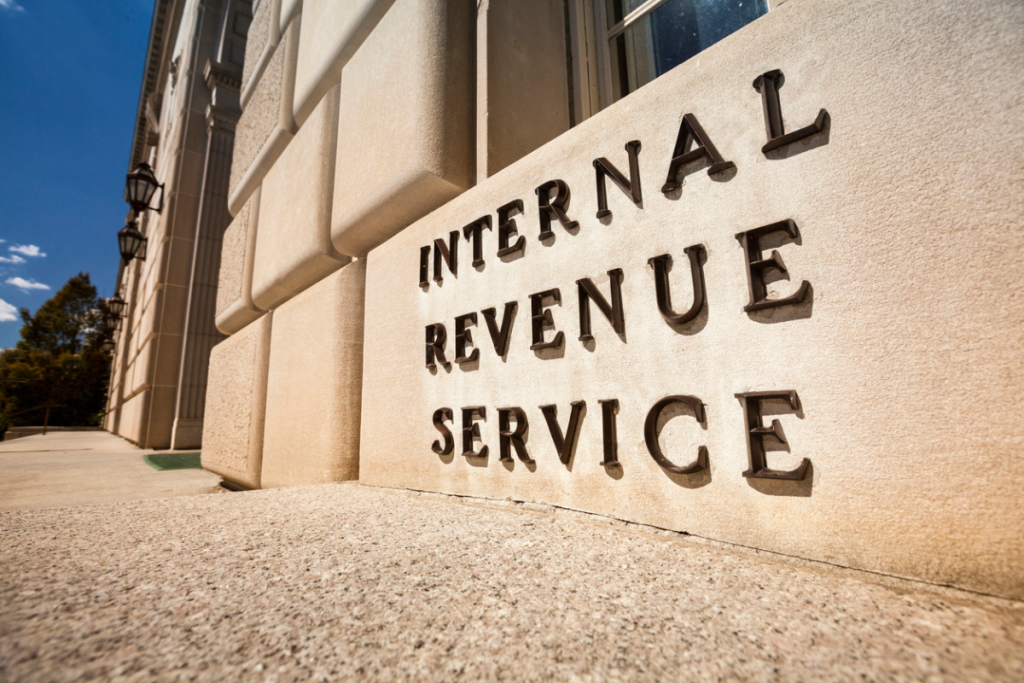Why the IRS warns some refunds may be delayed this tax season...will you be impacted?
As the 2024 tax season begins, the Internal Revenue Service (IRS) is alerting taxpayers that some refunds could take longer to process. Although the tax filing season officially started on January 27, officials are reminding filers that certain tax credits may result in delayed refunds.
The IRS typically processes refunds for electronic filers who use direct deposit within 21 days. However, taxpayers are cautioned not to rely on a specific date for receiving their refund, especially if they’re expecting refunds linked to certain credits.
Credits such as the Earned Income Tax Credit (EITC) and Additional Child Tax Credit (ACTC) often take longer due to additional identity verification procedures required under the Protecting Americans from Tax Hikes Act (PATH). As a result, the IRS is unable to issue refunds for these credits before mid-February.
For those expecting these credits, the IRS anticipates the earliest availability of refunds to be March 3, 2024. It’s also important to keep in mind that federal holidays and weekends may contribute to further delays in the processing timeline.
In addition to the usual process, there are significant changes this year that could affect taxpayers. One key shift is the extension of the IRS Direct File program, which enables eligible Americans to file their taxes directly with the IRS at no cost. Previously limited to 12 states, this program has now expanded to 25 states, allowing an estimated 30 million people to use the service.
For the majority of tax filers, returns for the 2024 tax year are due by April 15. Taxpayers in Los Angeles County and those affected by recent wildfires are among those granted an extension until October 15 through disaster tax relief.
Last year, the IRS issued more than 140 million individual returns, with the average refund amount being $3,138. If you're unable to file your return by the April 15 deadline, an automatic six-month extension can be requested. However, it's important to remember that while the extension is for filing, it does not extend the deadline for paying any taxes owed. Payments must still be submitted by April 15.
One additional pitfall to watch out for this year is related to online sales and purchases of electric vehicles. Taxpayers involved in these areas should be mindful of potential complications that could affect their refund.
As the IRS continues to process returns, taxpayers are advised to be patient and keep in mind that refunds may take longer, particularly if they are linked to credits requiring additional verification.




























